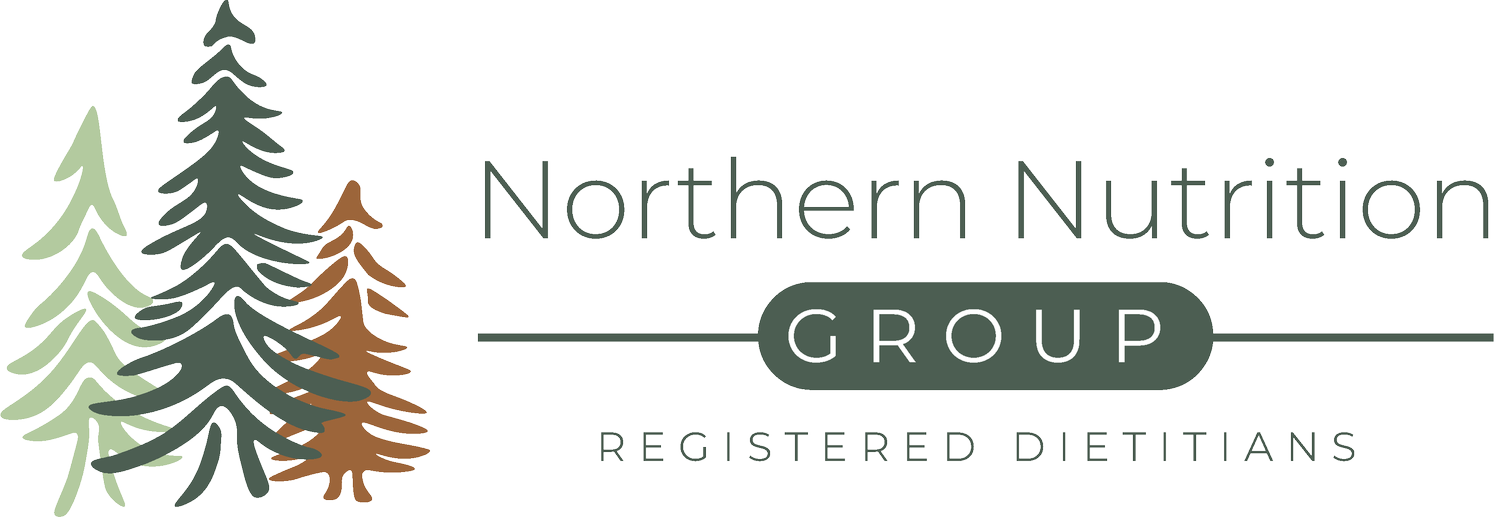The Link Between GI Symptoms and Eating Disorder Recovery
Understanding Why It Happens and How to Support Your Healing Body
If you’re in recovery from an eating disorder and suddenly dealing with bloating, constipation, nausea, or other digestive discomforts, you might be thinking: “Why is this happening now?”
You’ve taken the courageous step of nourishing your body again. You’re doing the work. So why does it feel like your digestive system is rebelling?
Here’s the truth: GI (gastrointestinal) symptoms are a common and expected part of the recovery process. And just as importantly, they are manageable and usually temporary.
We know it’s uncomfortable. It can feel disheartening, even confusing, especially when you’re trying so hard to care for yourself. But your symptoms are not a sign that something is wrong with you or your recovery, they’re often a sign that your body is restarting its healing processes after a period of stress and disruption.
Let’s walk through why this happens and what you can do to gently support your gut and yourself.
How Eating Disorders Affect the Gut
Many people don’t realize that digestive symptoms often begin before recovery starts. Disordered eating behaviors, whether it’s restriction, purging, bingeing, or inconsistent eating patterns, can have a significant impact on how your GI system functions.
Here are some of the ways disordered eating can influence the gut (Parrish, 2022):
Slowed digestion: When the body is undernourished, it conserves energy by slowing down non-essential functions, including digestion. This can lead to constipation, bloating, and early fullness.
Dehydration: Many people in eating disorder recovery experience dehydration (due to inadequate fluid intake, purging, or laxative use), which impacts muscle function including the muscles responsible for moving food through the GI tract.
Inflammation: Vomiting or excessive laxative use can cause inflammation or damage to parts of the digestive system, such as the esophagus or intestines.
Overwhelm and irregularity: Bingeing, or even just eating after long periods of restriction, can overwhelm the gut, causing gas, discomfort, or abdominal pain. Irregular eating patterns also disrupt the natural rhythm of digestion.
Why GI Symptoms Can Get Worse in Early Recovery
One of the most frustrating parts of recovery is that symptoms often flare up before they settle down.
This is sometimes referred to as your gut “waking up.” After weeks, months, or years of stress, restriction, or disordered patterns, your digestive system is re-learning how to function consistently and efficiently.
Here’s what might be happening (Riedlinger et al., 2022):
Your gut motility (the movement of food through your digestive tract) is adjusting to regular meals and snacks again.
The microbiome is shifting and adapting, which can produce more gas, bloating, or changes in bowel habits.
Your body may be reacting to foods it hasn’t had in a long time, especially if you’re reintroducing fiber, fats, or previously feared foods.
If you’ve experienced malnutrition, your stomach may have slowed in function, and it takes time to regain normal speed.
While these symptoms can feel overwhelming or even triggering, it’s so important to remember: this is not a setback. It’s part of the healing process.
The good news is that you don’t have to go through this alone, and there are gentle, effective strategies that can support your digestion while you continue to nourish and care for your body: consistent eating, hydration, avoiding elimination unless is medically necessary, and leaning on your support team are all strategies that can be used and personalized to support your recovery. You don’t have to figure this out alone. A multidisciplinary team, including a dietitian, therapist, and medical provider, can help you navigate symptoms without compromising your recovery. Be gentle with yourself. GI symptoms can be uncomfortable, but they are not a sign of failure. They’re often a sign that your gut is working to reconnect with the nourishment and care it needs.
Sources:
Parrish, C. (2022b, August). The Overlap Between Eating Disorders and Gastrointestinal Disorders. https://med.virginia.edu/ginutrition/wp-content/uploads/sites/199/2022/08/August-2022-Eating-Disorders-and-GI-Disorders.pdf
Riedlinger, C., Mazurak, N., Schäffeler, N., Stengel, A., Giel, K. E., Zipfel, S., Enck, P., & Mack, I. (2022). Gastrointestinal complaints in patients with anorexia nervosa in the timecourse of inpatient treatment. Frontiers in psychiatry, 13, 962837. https://doi.org/10.3389/fpsyt.2022.962837
Written by Kaitlyn Schlangen, MS, RD
Kaitlyn specializes in: Eating disorders, disordered eating patterns, gastrointestinal (GI) disorders and diseases. She is dedicated to supporting individuals across all spectrums of these challenges.
